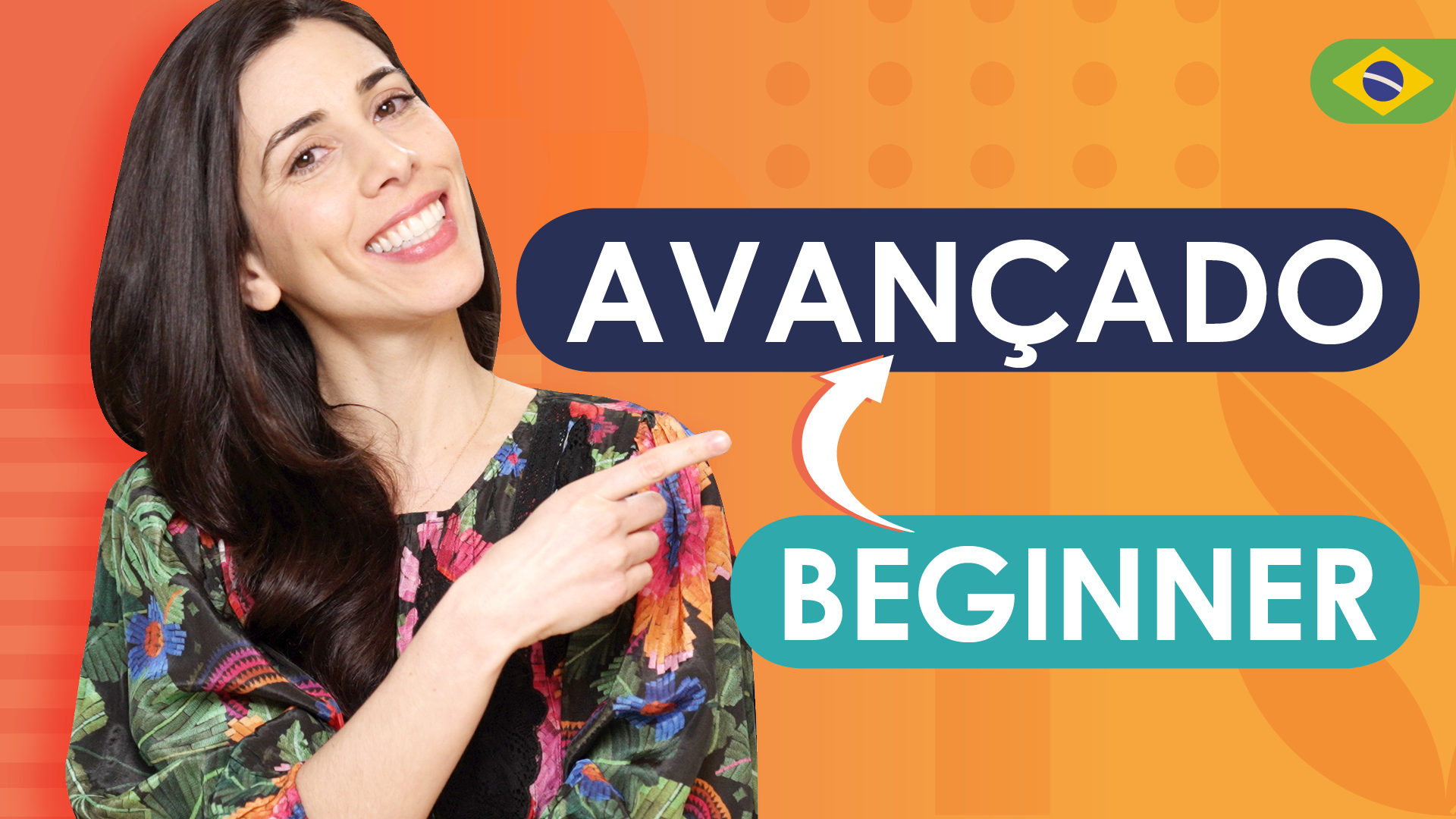Are you planning a trip to Brazil and wondering how to start a conversation with locals in Portuguese? This blog post is designed to help non-native speakers like you feel more confident in initiating and engaging in conversations with Brazilian friends or family.
As the end of the year approaches, it’s a great time to learn some common conversational topics in Portuguese. Whether you’re visiting Brazil for the holidays or just looking to improve your language skills, these tips will help you get started.
I’ve prepared a PDF with some exercises to help you practice what you learn in this lesson. Fill out the form below to download your PDF.
Let’s get started! In this lesson, we’ll practice how to converse about three topics: your weekend, your vacations, and end-of-year celebrations.
1. Weekend Conversations
Here are some common questions that you can ask to start a conversation about the next weekend:
“Você tem planos para o fim de semana?” (Do you have plans for the weekend?)
“O que você vai fazer no fim de semana?” (What are you going to do this weekend?)
“Você vai fazer algo especial no fim de semana?” (Are you going to do anything special this weekend?)
Think about how you would respond to these questions. Here are some examples:
“Eu não tenho planos, e você?” (I don’t have any plans, do you?)
“Acho que vou ficar em casa e descansar.” (I think I’m going to stay at home and rest.)
“Estou planejando caminhar no parque com meu marido no sábado. No domingo, vamos encontrar alguns amigos para almoçar.” (I’m planning to walk around the park with my husband on Saturday. On Sunday, we’re going to meet some friends for lunch.)
We can also ask questions about the last weekend.:
“Como foi seu fim de semana?” (How was your weekend?)
“O que você fez no fim de semana?” (What did you do last weekend?)
“Você fez algo especial no fim de semana?” (Did you do anything special last weekend?)
Think about how you would respond to these questions. Here are some examples:
“Não fiz nada de especial, e você?” (I didn’t do anything special, did you?)
“Eu assisti a um filme muito legal.” (I watched a really good movie.)
“No sábado, eu fiz uma trilha no parque. No domingo, eu encontrei meus amigos para almoçar.” (On Saturday, I did a trail in the park. On Sunday, I met my friends for lunch.)
2. Vacation Conversations
Here are some common questions that you could ask to start a conversation about your next vacation:
“Quando você vai tirar férias?” (When are you going to go on vacation?)
“Você vai estar de férias em janeiro?” (Are you going to take a vacation in January?)
“O que você vai fazer nas férias?” (What are you going to do on your vacation?)
“Você vai fazer algo especial nas férias?” (Are you going to do anything special for your vacation?)
Think about how you would respond to these questions. Here are some examples:
“Eu vou tirar 3 semanas de férias em janeiro.” (I’m going to take 3 weeks off in January.)
“Eu não sei quando vou tirar férias, e você?” (I don’t know when I’m going to take my vacation, do you?)
“Eu vou viajar à Itália nas minhas próximas férias. Vou encontrar alguns amigos e fazer um curso de italiano em Florença.” (I’m going to travel to Italy for my next vacation. I’m going to meet some friends and take an Italian class in Florence.)
We can also ask questions about someone’s last vacation.
“Quando foi a última vez que você tirou férias?” (When was the last time you went on vacation?)
“O que você fez nas suas últimas férias?” (What did you do during your last vacation?)
“Você fez algo especial nas suas últimas férias?” (Did you do something special for your last vacation?)
Think about how you would respond to these questions. Here are some examples:
“Minhas últimas férias foram em janeiro. Estou precisando de férias!” (My last vacation was in January. I need a vacation!)
“Nas minhas últimas férias, eu fui ao Brasil visitar minha família. Foi muito bom!” (On my last vacation, I went to Brazil to visit my family. It was great!)
3. End-of-Year Celebrations
Here are some common questions that you can ask to start a conversation about the end-of-year celebrations:
“Onde você vai passar o Natal e o Ano Novo?” (Where are you going to spend Christmas and New Year’s?)
“Você vai passar o Natal com a sua família?” (Are you going to spend Christmas with your family?)
“Você tem planos para o Ano Novo?” (Do you have plans for New Year’s?)
Think about how you would respond to these questions. Here are some examples:
“Eu vou passar o Natal e Ano Novo com meu marido e alguns amigos.” (I’m going to spend Christmas and New Year’s with my husband and some friends.)
“Infelizmente, não vou passar o Natal com minha família este ano.” (Unfortunately, I’m not going to spend Christmas with my family this year.)
“Não tenho nenhum plano especial para a noite de Ano Novo, mas eu estarei na Itália com amigos, então, com certeza vai ser uma noite especial!” (I don’t have any special plans for New Year’s Eve, but I will be in Italy with friends, so it will certainly be a special night!)
These are just a few examples of topics and questions you can use to start a conversation in Portuguese. If you still don’t feel secure enough to converse naturally in Portuguese, I recommend the following exercise:
1. Write small paragraphs about subjects that interest you.
2. Read your text aloud a few times.
3. After reading the text a few times, try to talk about the subject without reading it.
This exercise will help you feel more confident when you have the opportunity to have a conversation with a native speaker.
Remember to download your PDF so you can practice what you learned in this lesson.
Until next time!
Your teacher,
Virginia


